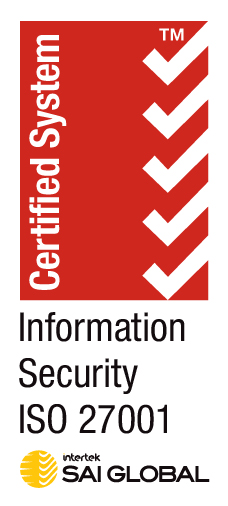The Future of Identity Management
The Queensland Government's new digital license is a step towards addressing the challenges of digital identity management. As traditional methods like email-based identification become obsolete due to security risks, emerging solutions such as government digital identities, secure third-party verification, and token-based authentication offer a more secure and streamlined approach. The Trusted Digital Identity Framework (TDIF) and initiatives like the National Digital Licence aim to harmonize and simplify identity verification. While technology advances, legal and regional inconsistencies pose challenges. Collaboration between government and private sectors, leveraging technologies like Thales' Digital ID Wallet, will be crucial for creating a secure and efficient digital identity ecosystem. Read More…











